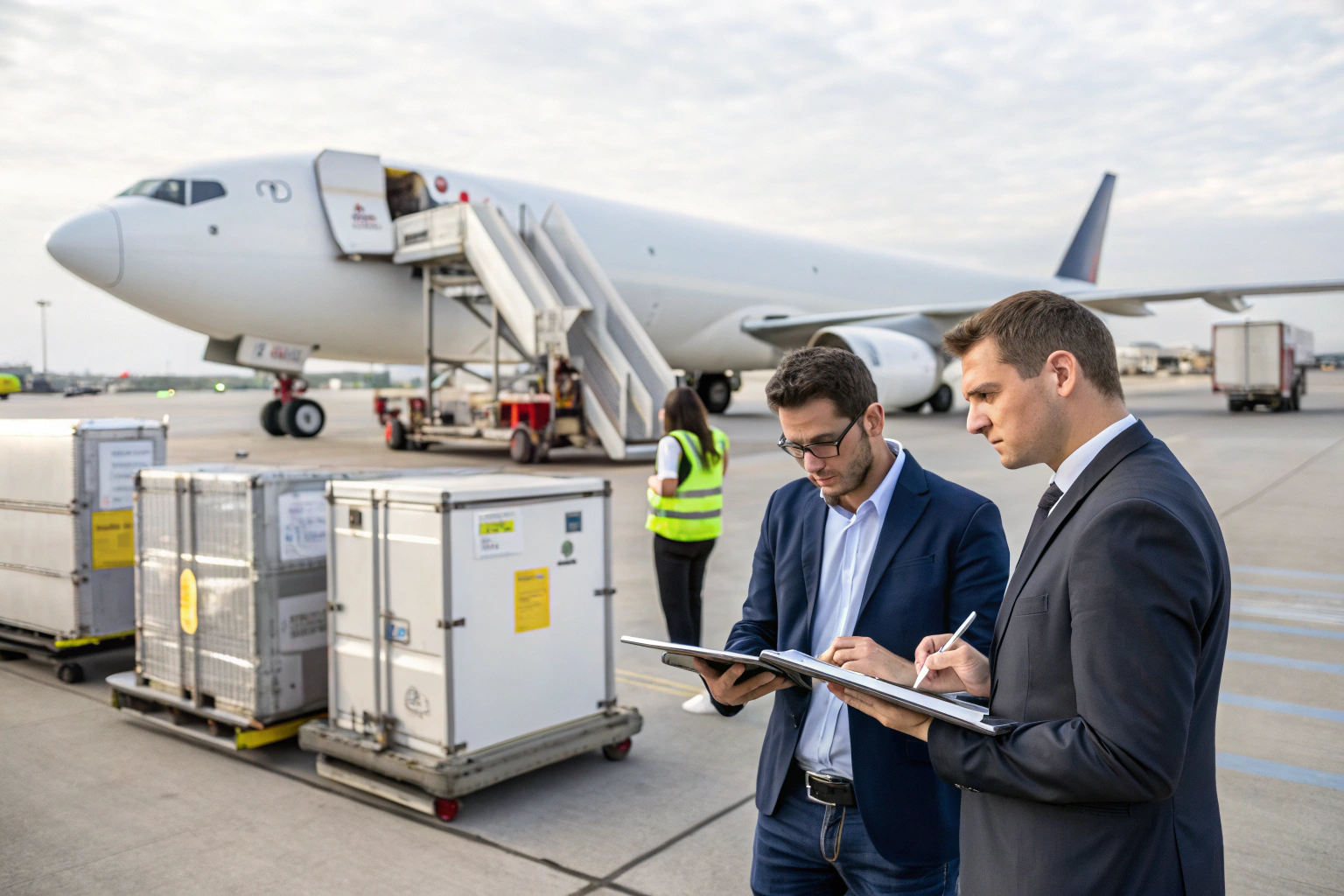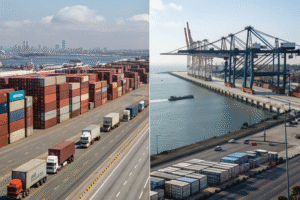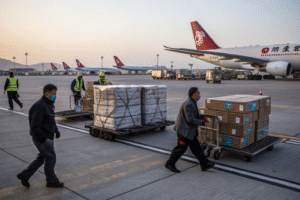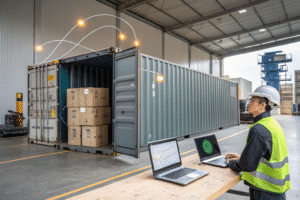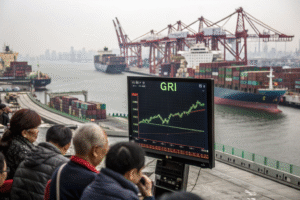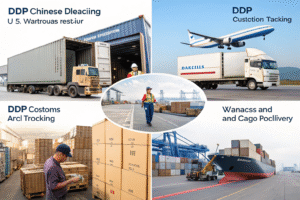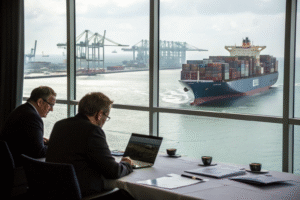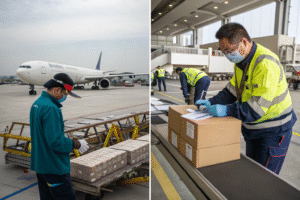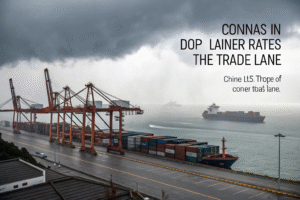Choosing air freight is often a strategic decision. It’s fast and reliable — but also comes with higher costs and tighter regulations. If you’re like Ron, a U.S.-based brand owner needing frequent, timely shipments from China, you’ve probably asked: Is air freight worth it?
Air freight is best for high-value, urgent, and time-sensitive shipments, but it requires careful consideration of cost, size, customs, and carrier reliability.
To help you make the right decision, this article will guide you through the key considerations when choosing air freight services. Whether you're importing clothing, electronics, or promotional items, you'll learn how to evaluate air freight options with clarity and precision.
What Type of Cargo Is Ideal for Air Freight?
Air freight is known for speed, but not all cargo is suitable for it. Understanding your product type helps avoid costly mistakes.
Lightweight, high-value, or perishable goods are most suited for air freight due to fast transit times and strict handling protocols.
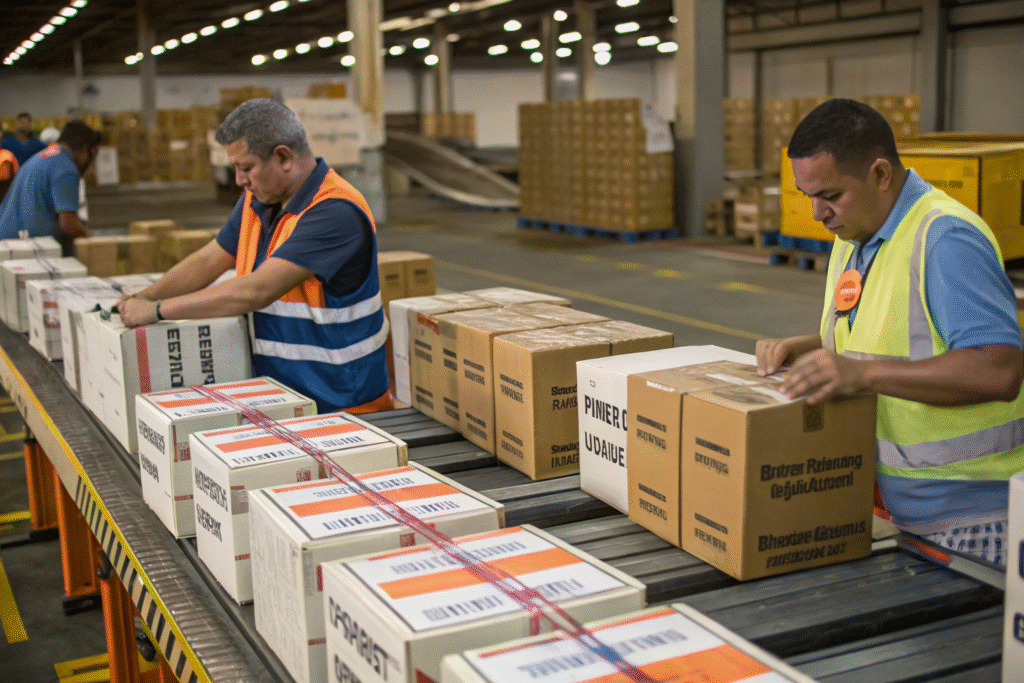
Is Your Product Lightweight or Time-Sensitive?
If your products are small, light, or have a short shelf life — like electronics or promotional goods — air freight helps reduce lead time drastically. For example, shipping fashion accessories for a seasonal promotion could make or break a campaign.
Heavier items cost more. Air freight is calculated using volumetric weight, so large but light items may still be economical. For anything over 500 kg, it's worth comparing with express sea freight options.
Are You Shipping High-Value or Fragile Cargo?
Security is another big win for air freight. Airports have tight handling and screening procedures. High-value items like branded watches, medical devices, or smart gadgets are safer in the air.
To reinforce this, we provide insured air cargo services that protect against damage or loss, ensuring peace of mind throughout the journey.
What Are the Cost Factors in Air Freight Pricing?
Pricing is often the biggest hurdle when choosing air over sea. A transparent understanding of the components helps prevent surprises.
Air freight costs are influenced by weight, volume, distance, fuel surcharges, and handling fees — and often require tight cost control to remain profitable.
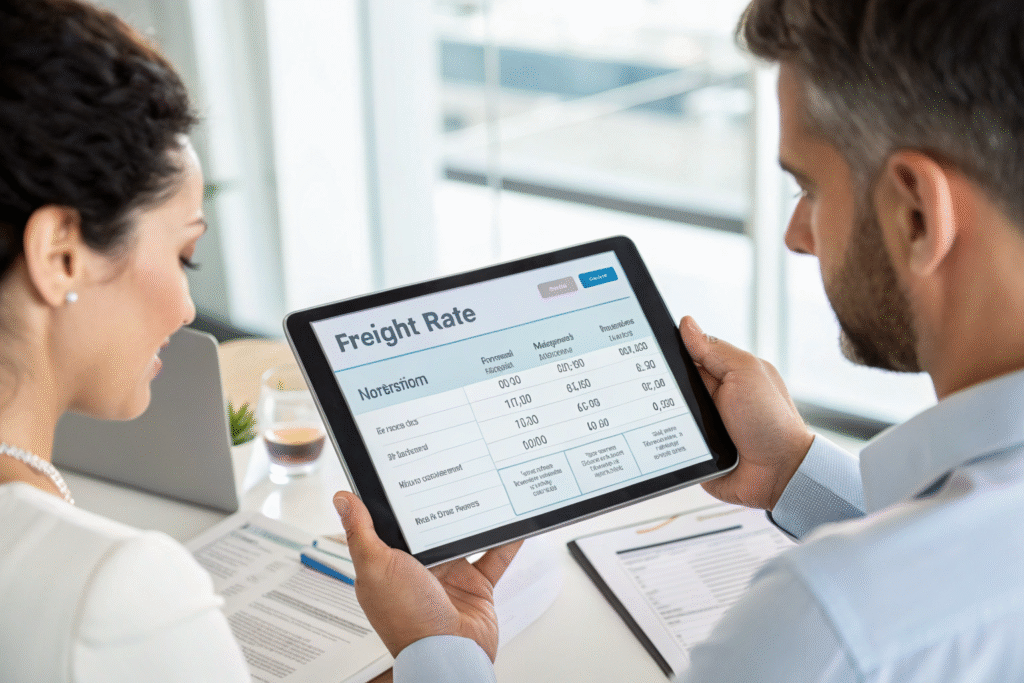
What Is the Difference Between Chargeable and Actual Weight?
Air freight is charged based on the higher of the actual or volumetric weight. So even a lightweight but large carton could cost more than expected. We always help clients calculate DIM weight ahead of time to plan for this.
Our team provides customized estimates that include airport-to-airport or DDP breakdowns. You can also reference tools like Freightos calculator to double-check industry rates.
How Do Surcharges Affect the Total Freight Cost?
Besides base rates, air freight includes fuel, security, and airport handling fees. These add up fast, especially on long-haul flights.
We educate clients by offering itemized quotes. For example, during peak seasons like Q4, fuel and congestion surcharges can spike by 15-30%. Advanced booking and consolidated shipping often help manage these fluctuations.
How Do Regulations and Documentation Impact Air Cargo?
Air cargo faces strict documentation and regulatory checks. If you miss even a single form, your shipment may be grounded or delayed.
Clear and compliant air freight documentation is essential to avoid customs delays, fines, or cargo seizures.
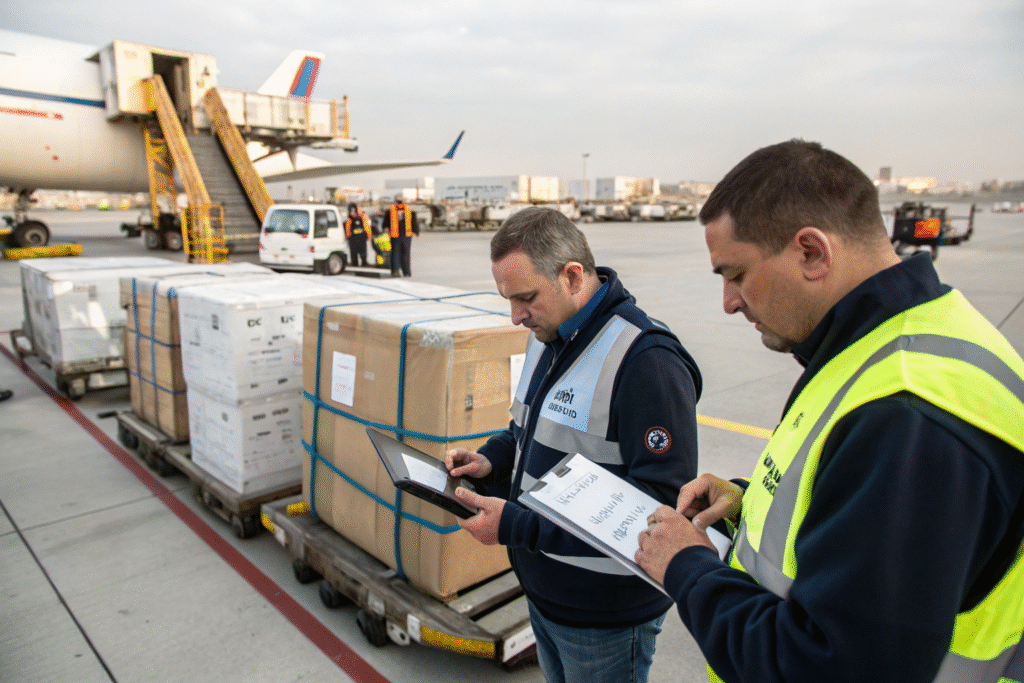
What Documents Are Required for Air Freight?
Standard documentation includes:
| Document | Purpose |
|---|---|
| Air Waybill (AWB) | Contract of carriage |
| Commercial Invoice | Declares product value |
| Packing List | Shipment details for customs |
| Export License (if needed) | Regulatory compliance |
We help prepare everything digitally, and verify your goods comply with IATA regulations and destination country standards.
How Do You Prevent Delays at Customs?
Cargo inspections often happen without warning. We work closely with U.S. and Chinese customs brokers to pre-clear goods and reduce risks.
For items like batteries or liquids, we ensure all materials are declared correctly. Transparency in our documentation process keeps air cargo moving.
When Is Air Freight More Advantageous Than Ocean Freight?
Choosing between air and ocean comes down to urgency, product type, and customer expectations. Here's how to decide.
Air freight is ideal for urgent shipments, limited-time offers, or fragile goods, while ocean freight is better for bulk, low-cost shipments with flexible timelines.
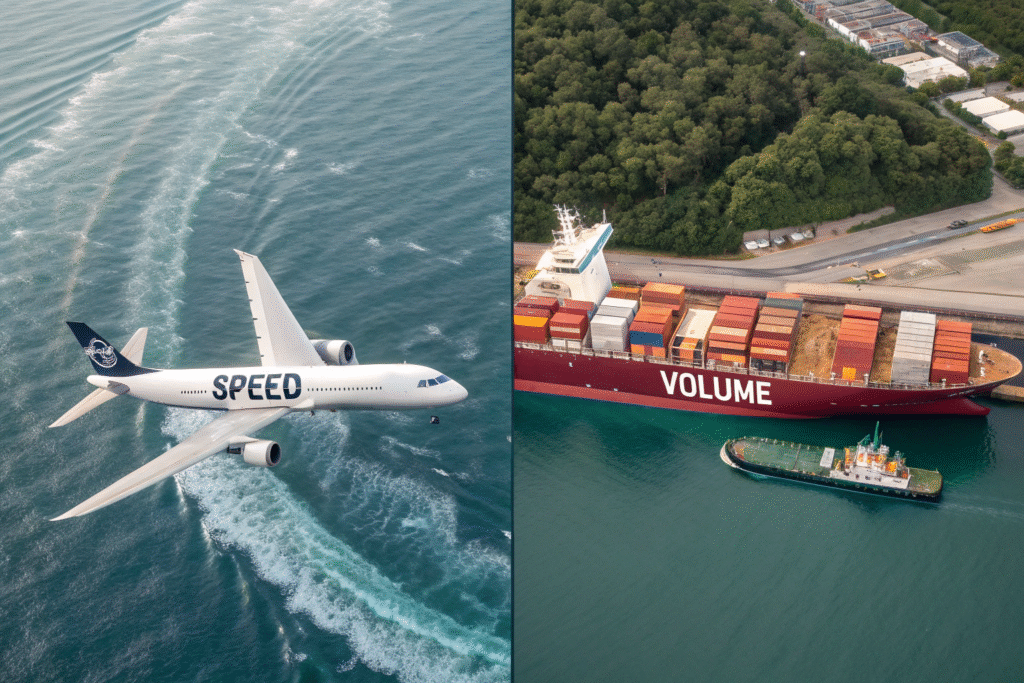
Are You Facing a Tight Delivery Window?
Seasonal campaigns, launch events, or urgent restocks often call for air freight. If your container won’t arrive in time for Black Friday or a product launch, the sales loss could outweigh the higher cost.
We recently helped a fashion retailer in California ship 1,200 promotional scarves in 72 hours using DHL air cargo. Speed matters more when deadlines are fixed.
Does Air Freight Complement Your Inventory Strategy?
Many brands use hybrid models. They move bulk goods by sea but keep fast-selling or urgent SKUs replenished by air.
This dual approach keeps inventory lean while ensuring supply chain continuity. We advise clients to use air freight for new launches or to test markets before scaling via ocean.
Conclusion
Choosing air freight isn’t a one-size-fits-all solution. It’s a strategic decision based on urgency, cargo type, cost, and your business goals. For brands importing from China to the U.S., air freight offers unmatched speed and reliability — but it must be managed with transparency and precision.
At GeeseCargo, we walk our clients through every step — from quotes and packaging to customs and delivery. We don’t just book cargo; we make sure every kilogram you ship supports your growth, not your stress.
